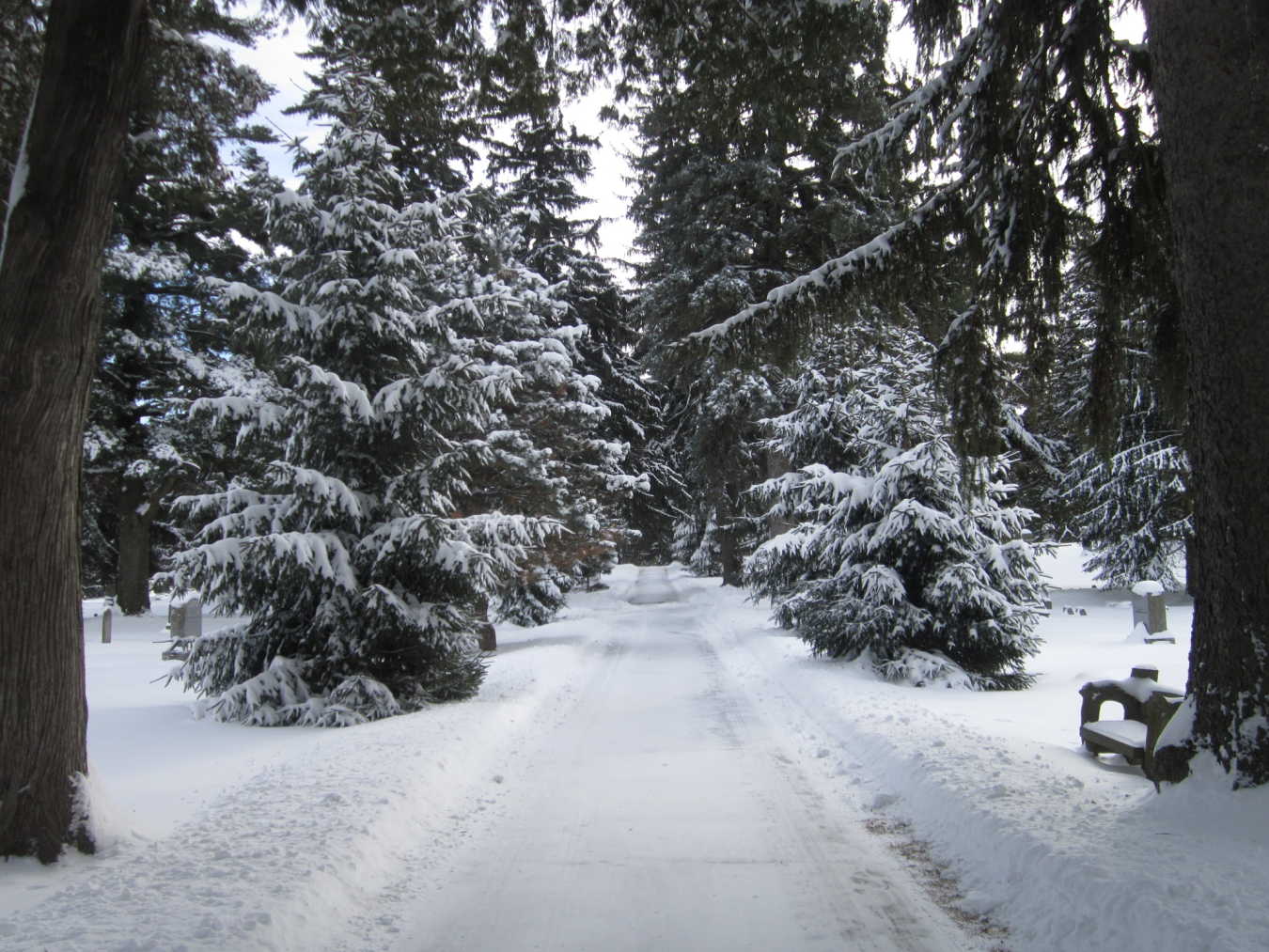One of the strangest parts of graduating from seminary is getting awarded a Master of Divinity degree.
As though three years of extra schooling and a whole lot of debt could make anyone master of the Divine.
The more I have studied, the more I have read, the more I have contemplated God, the less mastery I realize I have over any of it, because God cannot be mastered.
While this might seem obvious to say, it is very difficult to deal with in reality. What do I do when someone asks me a question about the Bible that I cannot answer? How do I respond when I am asked what God wants in difficult and muddy situations? How do I preach on passages that scholars have debated on for centuries?
How do I lead and guide when there are so many things that cannot be understood?
The honest answer to many of the questions I’m asked is I don’t know.
And, I’ve had to make a point of saying it, even if I also worry that not having all the answers will discredit me or undercut my ministry. When I let go of the expectations I place on myself, and when I stop worrying about what others will think of me, this is where the joy and truth really reside – in the not knowing, in the wrestling, in the in-between places, and in a concept of God that is big enough and mysterious enough for paradoxes.
“How weighty to me are your thoughts, O God! How vast is the sum of them! I try to count them – they are more than the sand; I come to the end – I am still with you.” – Psalm 139:17-18
There is something both strangely freeing and immensely difficult in admitting that God cannot be figured out.
The mystery and majesty of God is made evident in many ways, but one of the most regular for me is in sermon writing. Every week that I preach, I begin with prayer. I read the Scripture passage over and over. I pray some more. I read commentaries and other sermons. I wander around my house, my church, the grocery store, the library pondering and wondering. And by Thursday, I’m hoping to have something enough figured out for Sunday’s sermon.
Sometimes the sermon writes itself in a fury. Other times, every single word is a struggle, or fraught with questions.
Somehow in 15-20 minutes, I am supposed to present the truth about God.
Somehow in a time span less than what’s given for a sitcom on television, I am supposed to teach what a specific passage of Scripture really means.
And, sometimes – more often than not – it just can’t be reduced to three points, a poem, and a prayer.
And to do so would be to do a disservice to the Word.
To do so would be a diminution of the infinite.
The God of the universe is unfathomable.
Unsearchable.
Unknowable.
And yet invites us to search and know and fathom and wonder. God even allows us to find, and reach, and grasp, and get up close to truth that is far beyond anything we can explain.
I have begun to ask more questions in my sermons, to wonder more, to imagine, and to dream because anything else almost feels like blasphemy.
I wonder if any of you have ever felt this way, too.
There are truths we know about God, things we can claim with certainty. We know that God is love. We know that God draws near to us, offers comfort in our seasons of profound grief, makes a way where there hadn’t been one before, causes life to spring up from desolate places.
We know these things.
Jesus assures us of these things.
But, I wonder what would happen in our churches, in our hearts, if we embraced the vast mysteries of our faith.
I wonder what our worship would look like, what prayer would look like, what our songs of praise would sound like if mystery and imagination were encouraged.
Would it change the way we approach God?
As a child, I always enjoyed learning and studying, but faith was just that – faith. As a teenager, faith became more emotionally-driven, more charged and impassioned. And in college, the importance of learning came back in – faith seeking understanding, and the integration of faith and learning being two prominent phrases I heard often.
Seminary began to deconstruct some of that. Learning was critical, and so was wonder. But, wonder is hard to reclaim if you’ve lost it. It’s hard to be filled with wonder and cynicism at the same time.
It’s hard to be filled with imagination and hurt at the same time.
And it’s especially hard to be filled with imagination and wonder and unknowing when you’re worried about assuring everyone you’ve got it all figured out.
I’ve become convinced that faith is less about certainty and more about the journey. I wonder if this is what Fr. Richard Rohr meant when he wrote, “Yes, transformation is often more about unlearning than learning, which is why the religious traditions call it ‘conversion’ or ‘repentance.'”
Perhaps this is why Jesus made a point to remind his listeners of the words of Deuteronomy 6 when he said: “You shall love the Lord your God with all your heart, and with all your soul, and with all your mind.”
Our faith may not rest on a complete and certain understanding, but we are still to seek after it – not to master an understanding of God, but to be in awe of the God who defies understanding.

